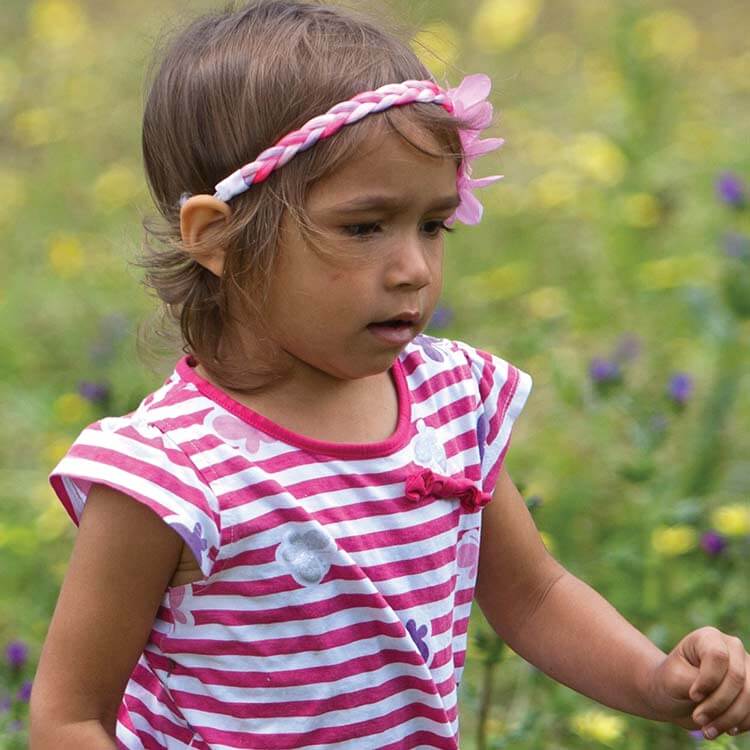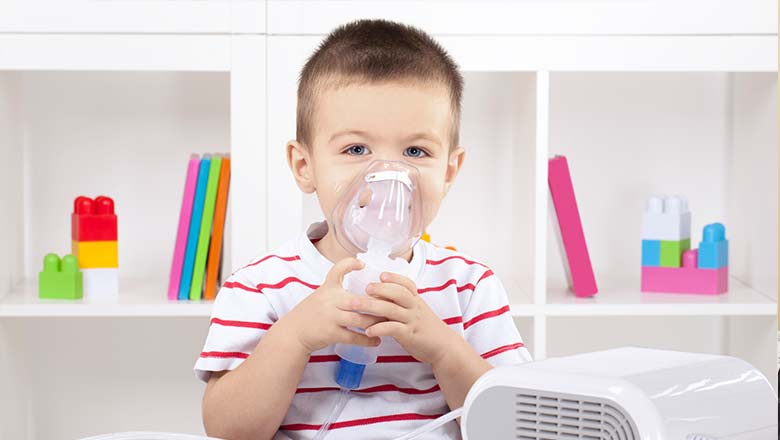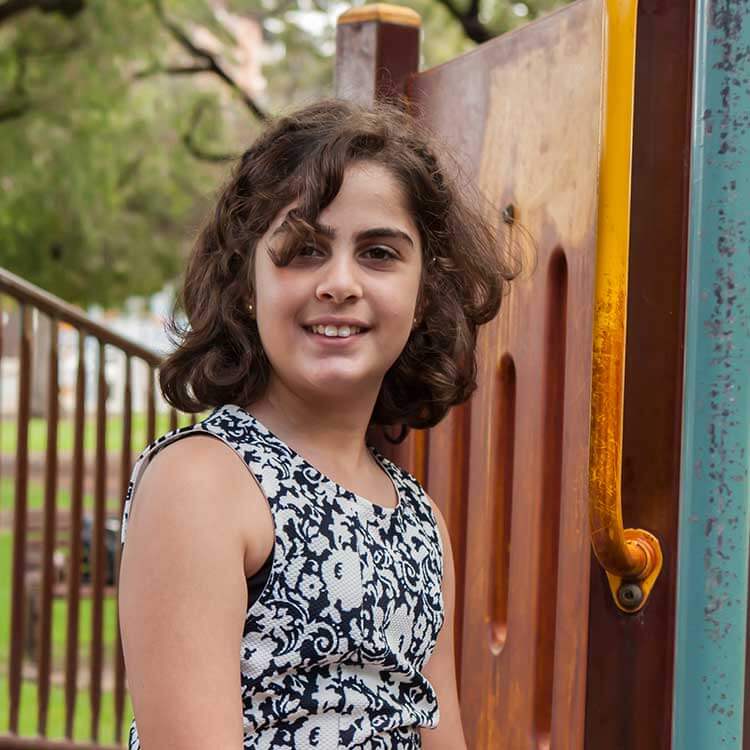Search
Research
Immunogenicity and boosting following a reduced number of doses of a Pneumococcal Conjugate Vaccine in infants and toddlersThe minimum number of doses of pneumococcal conjugate vaccine required for protection is not known. We studied the immunogenicity of a reduced schedule in...
Research
Toll-like receptor 2 ligands inhibit Th2 responses to mite allergenThere is intense interest in the interaction between microbial compounds and allergy.

Inviting expressions of interest for the INSPIRE Consumer Reference Group (CRG) of WA – a combined group for the BREATH and Aboriginal Children’s Excellent (ACE) Lung Health studies.
Research
HPV prevalence in Canberra high school students: significance for vaccination strategies and adolescent healthHPV prevalence in Canberra high school students: significance for vaccination strategies and adolescent health.
Research
Antecedents of hospital admission for deliberate self-harm from a 14-year follow-up study using data-linkageA prior episode of deliberate self-harm (DSH) is one of the strongest predictors of future completed suicide. Identifying antecedents of DSH may inform strategi
Research
Antecedents of teenage pregnancy from a 14-year follow-up study using data linkageThis study identified possible antecedents of teenage pregnancy using linked data from administrative sources to create a 14-year follow-up from a cross-sect...
Research
Evidence of a complex association between dose, pattern and timing of prenatal alcohol exposure and child behaviour problemsThere is a lack of evidence regarding the effect of dose, pattern and timing of prenatal alcohol exposure and behaviour problems in children aged 2 years.

The Aboriginal Health and Wellbeing Team follows an holistic definition of Aboriginal Health which means that health is not just the physical wellbeing of an individual but includes the social, emotional and cultural wellbeing of the whole community.

Research
Finding the cellular explanation for recurrent asthma exacerbationsThis study is designed to identify the specific unique immune cell response that occurs in these children with recurrent disease.

The aim of the Computational Biology team is to understand how individual bases in our genome predispose, alter and interact in normal and disease contexts.
